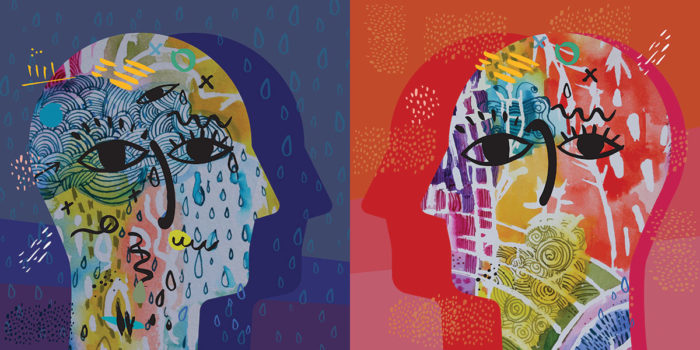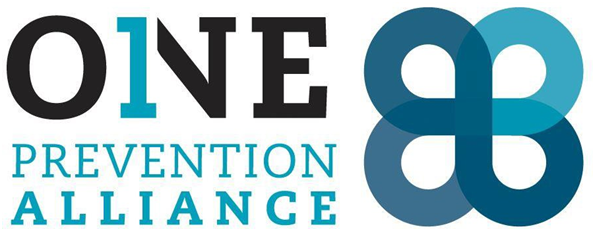
Developing healthy coping skills
by Maraiah Wenn Esslinger, LMHC, SUDP
Have you ever been upset, stressed, tired, or nervous? How did you manage or deal with those feelings? Did you take a break? Did you go for a walk? Did you pet your dog or cat? If you did one of those things, that is called a coping skill. A coping skill is a behavior to help us feel better. In fact, petting an animal, taking a walk, or laughing with friends are all considered healthy coping skills because the act of doing those activities helps your body and your brain release chemicals (neurotransmitters) that help you calm down, feel better, and relax.
Unfortunately, sometimes we also use unhealthy coping skills to also find relief because this type of coping can seem to provide immediate relief by releasing brain chemicals artificially. However, unhealthy coping skills can cause more problems later. Unhealthy coping skills might be watching tv for too long, smoking a cigarette, eating too much sugar or candy, or using other substances like alcohol. Unhealthy coping skills can make bad feelings last longer because those feelings are only temporarily forgotten or fixed. Unhealthy coping skills can also cause health issues because toxic chemicals are absorbed into the body and brain, resulting in sleep problems, weight issues, anxiety, depression, or becoming sick. When the body and brain have trouble recovering on their own, this is called a mental or physical health disorder. But guess what? With a little time and practice, healthy coping skills can help us get better!
So how do you develop healthy coping skills? Developing healthy coping skills takes practice and a little experimentation because we are all different, but you can start with the basics: eat healthy, exercise, get plenty of sleep, and spend time with people that are safest for you. Other healthy coping skills might be limiting cell phone and tv time to less than 2 hours per day, gardening, playing an instrument, singing in the car, or volunteering in your community. If you are still struggling to find healthy coping skills that work for you, meeting with a mental health counselor might be helpful, as well as making sure that you practice healthy coping until you can do it on your own.
________________________
Maraiah Wenn Esslinger is a mental health counselor and art therapist for Skamania County Community Health.
